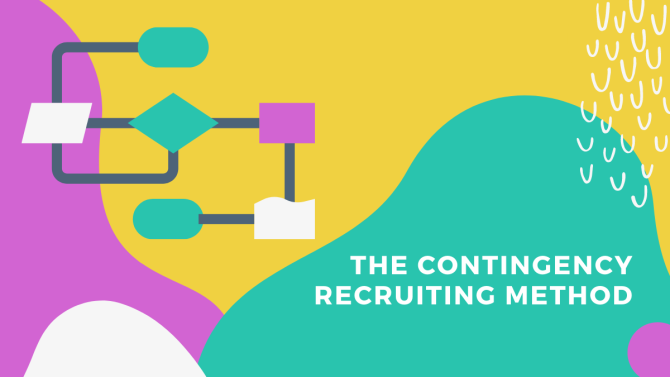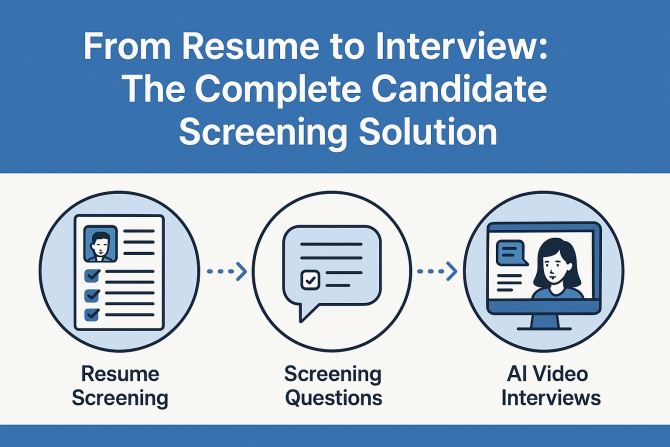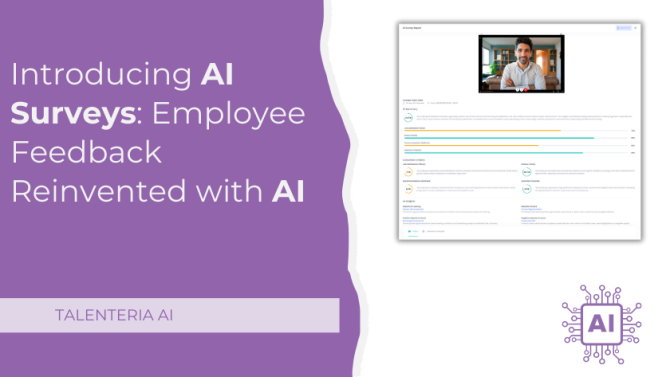
It is best to trust any business to professionals, including the selection of personnel. There are several recruitment methods, such as headhunting, executive recruitment, and contingency recruiting. Today, we’ll be discussing contingency recruitment and what advantages it can bring to your organization.
What Is Contingency Recruiting?
There are millions of people currently working in the hiring industry around the world, and about half a million professionals are based in the United States. There is a lot of competition between them, so more and more hiring methods are emerging to meet the changing trends of the hiring market.
Contingency recruiters are looking for suitable candidates for a specific position. Most often, their services are used when unforeseen circumstances arise. Such recruiters or agencies take a certain fee only for the result achieved - namely, the hiring of a candidate. The amount of remuneration depends on the expected salary of the candidate. It can be 10-20%, depending on the agreement with the agency or the contingency recruiter.
Why Work With Contingency Recruiters?
The main reason for working with a contingency recruiting agency is that you are only paying for results – not for the work itself. Furthermore, the employer is freed from the need to allocate time and resources to find the necessary personnel.
This approach also allows you to set fairly strict requirements and not be distracted by unfit resumes. All candidates who are not suitable for established parameters, such as work experience or education, are screened out at the initial stage.
How Does A Contingency Recruiter Operate?
Contingency recruitment service includes primary search mechanisms, resume analysis and selection, interviews, and other stages. The client makes the final selection of candidates. If we analyze the methods in more detail, then they can be broken down into the following steps:
- Analysis of the vacancy that the client wants to close
- Studying the existing base of potential employees, as well as searching for new resumes to identify those suitable for the client's criteria
- Establishing contact with candidates for the proposed position and finding out their availability or interest
- If interests coincide - transfer of CVs of such candidates to the client
- If the client shows interest in the submitted CVs, the agency proceeds to arrange interviews with the selected candidates.
- During the interview, the agency or contingency recruiter makes an offer and also negotiates for it.
Pros and Cons of Contingency Recruiting Firms
While contingency recruitment can be a great solution for companies, there are some advantages and disadvantages to keep in mind.
Pros
- The client pays strictly for the result. It means not only savings but also the ability to engage in independent searches simultaneously. If the employer finds a suitable candidate, he or she can report this to the firm. In this case, the search stops, and no additional fees are required.
- Since a company or a recruiter is paid only for the result, they strive to work with many resumes at once and end the job as quickly as possible. Both the agency and the client wins here in the sense of time-saving.
Cons
- The speed of recruiters' work can become too fast, thus degrading the quality of the service. The firm could hurry up and choose a resume superficially and without delving into qualifications to save their own time.
- However, this potential drawback lies in the area of responsibility of the agency or recruiter themself and affects their reputation. Therefore, the situation of quality deterioration occurs quite rarely.
No matter which method of recruitment you choose - contingency recruiting or something else - it’s best to use HR recruitment software to help you develop a strategy, check analytics, and make adjustments. Talenteria can do that for you; our all-in-one recruitment and marketing platform can help you add top talent to your team.





